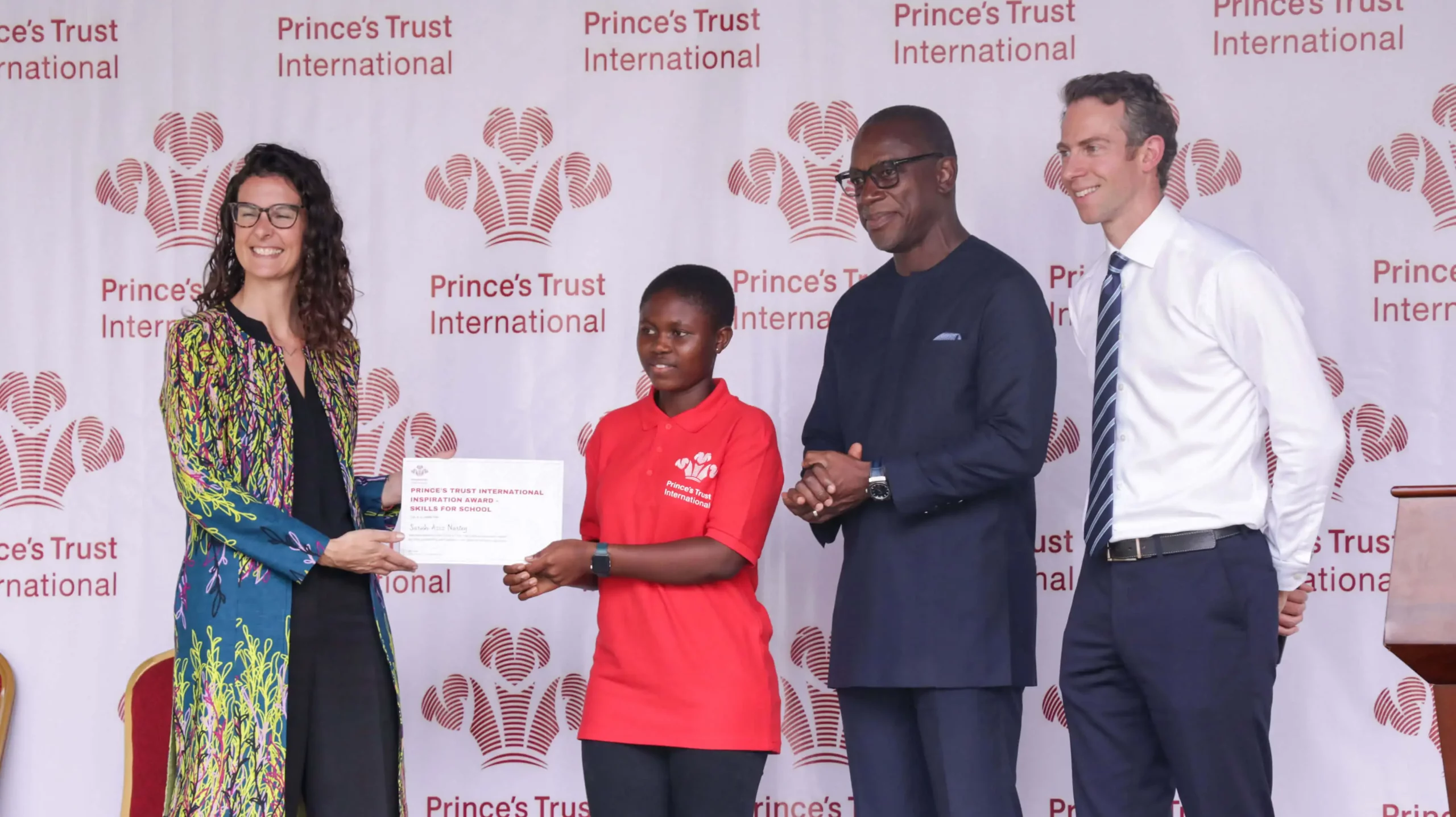The Achieve Programme is an early intervention personal development and employability program that schools and alternative education providers deliver during a curriculum timetable or as part of an enrichment opportunity. Ghana is the first Sub-Saharan African country where the Achieve Programme has been implemented.
The Achieve Programme works primarily with young people between the ages of 11-19 years who may be disengaged or underachieving, to develop self-esteem, confidence, and transferable skills through relevant, engaging, informal, and experiential learning. This is geared towards equipping them with the skills needed to succeed in education and a chance to aspire for a better future. The program is designed to be a learner-directed experience, which runs in groups of 10 – 20 young people, with a trained facilitator (usually a teacher). The program offers young people an opportunity to be empowered and lead activities.
Programme Goals
Through a wide-ranging, holistic, relevant, and engaging curriculum, tailored to the needs of young people, the Achieve program seeks to help young people:
- Improve attainment and school attendance
- Improve behavior, attitude and engagement in learning
- Develop personal and social skills
- Work towards a recognized personal development and employability qualification
- Benefit from an informal approach to learning outside the traditional classroom setting
Outcome and Impact
A total of 1,430 students have been reached in the 16 schools where the program has taken place. Out of the total students reached, 606 (42.4%) are males and 824(57.6%) are females. The majority of the participants are satisfied with the content of the modules and training offered by the Achieve club. The majority of the beneficiaries interviewed have a positive view of their lives after participating in the Achieve program. They have acquired Knowledge for Personal Development, positive behavioural/attitudinal changes, improved self-confidence, enhanced participation in classroom and school activities, and improved relationships with teachers and interpersonal relationships with friends and household members. The program has also had a positive influence on beneficiaries’ self-empowerment as it has helped them nurture and develop their self-esteem and ability to set and achieve personal goals.

